When it comes to maintaining heavy vehicles, wheel alignment is often overlooked, yet it plays a crucial role in reducing operating costs and enhancing vehicle performance. A well-executed wheel alignment program can lead to significant savings on fuel and tyres, reduce wear and tear on essential components, and improve overall vehicle safety and longevity.
From fleet owners looking to cut costs, to truck tyre shops and dealerships aiming to provide superior service, to tyre suppliers and trailer manufacturers seeking to optimise product performance—every stakeholder in the heavy vehicle industry can benefit from regular wheel alignment. In this article, we’ll explore how investing in wheel alignment can drive value across different sectors and help you maximise efficiency and profitability.
Fleet Owners
Fleet owners stand to gain significant cost savings through a well-established wheel alignment program. Regular wheel alignment, integrated into scheduled maintenance, can lead to a substantial reduction in operational costs. Specifically, a fleet can achieve a 5% reduction in annual fuel spending and a 10% saving on tyre expenditure. These savings stem from reduced rolling resistance and minimised tyre wear, which together contribute to lower fuel consumption and fewer tyre replacements.
Example: Reduced Fuel Costs
- Distance travelled per annum: 200,000 km
- Diesel fuel price: $2.20/litre
- Fuel consumption: 4 litres/10km
- Fuel cost reduction thanks to wheel alignment: Conservatively, 3%
Using the above figures, a single truck can save approximately $5,280 per year through effective wheel alignment practices:
Total cost reduction: 0.03 x 200,000 km x $2.20 x 0.4 = $5,280 saved per year/per truck.
Beyond cost savings, regular wheel alignment also results in reduced wear and tear on wheels and axles, improving the longevity of essential vehicle components. This means fewer breakdowns and repairs, leading to more uptime and overall operational efficiency.
Truck Tyre Shops
Truck tyre workshops can enhance their profitability by offering comprehensive wheel alignment services. A common oversight in the industry is the impact of rear-wheel misalignment, which causes up to 80% of irregular wear on front tyres. By promoting total wheel alignment, truck tyre shops can maximise profits while aligning with best practices and providing added value to their customers. Offering wheel alignment services ensures customers experience fewer irregular tyre wear issues and extended tyre life, resulting in repeat business and higher customer satisfaction.
Tyre Suppliers
Tyre suppliers are also affected by wheel alignment issues. Wheel misalignment is one of the primary culprits of abnormal tyre wear on prime movers, trucks, buses, and long-distance heavy vehicles. By implementing and recommending a total wheel alignment regime at the time of tyre replacement, tyre suppliers can ensure that the lifespan of the tyres is optimised. This approach not only improves the value proposition for their customers but also strengthens their reputation for providing quality and long-lasting tyre solutions.
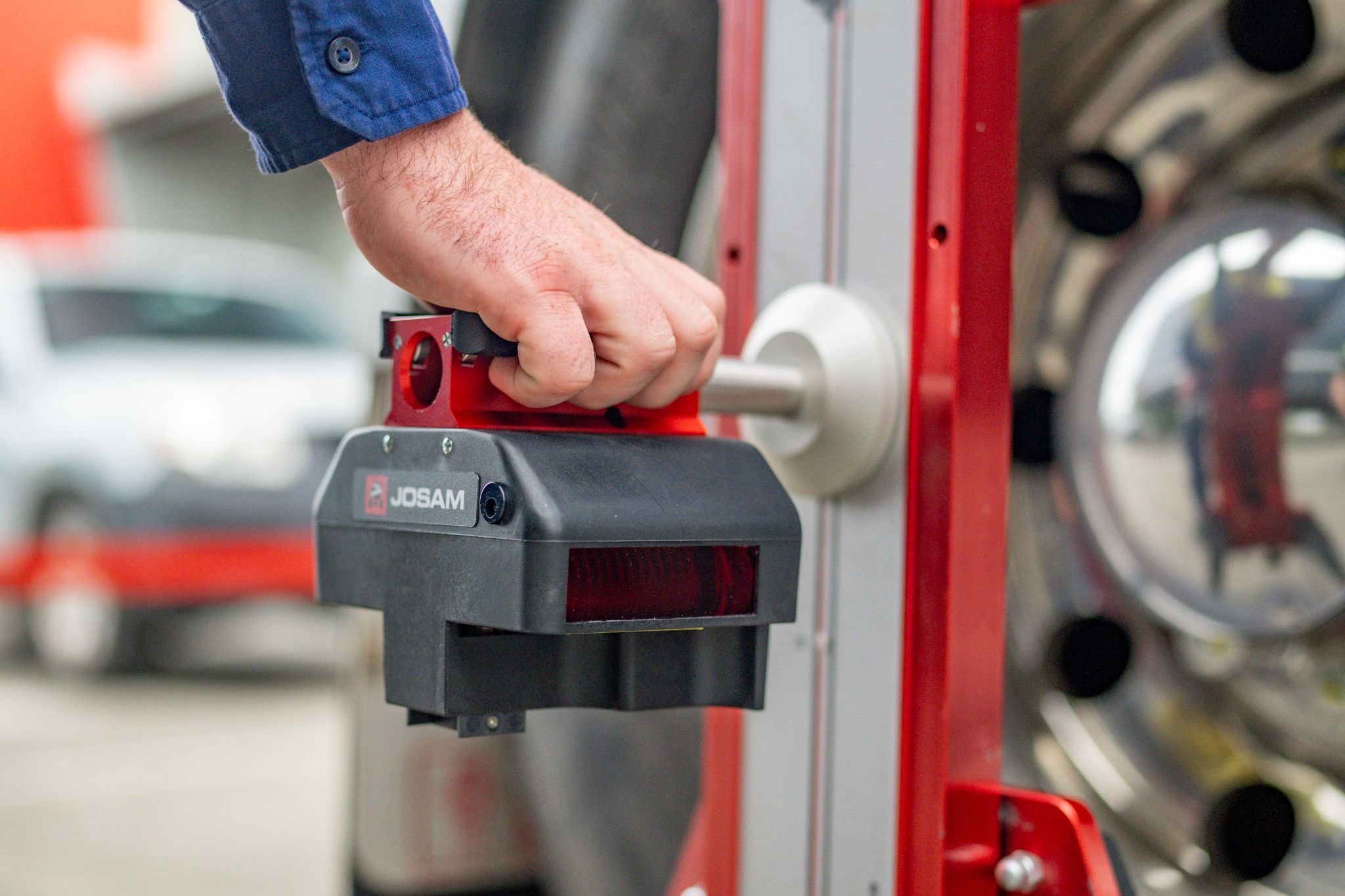
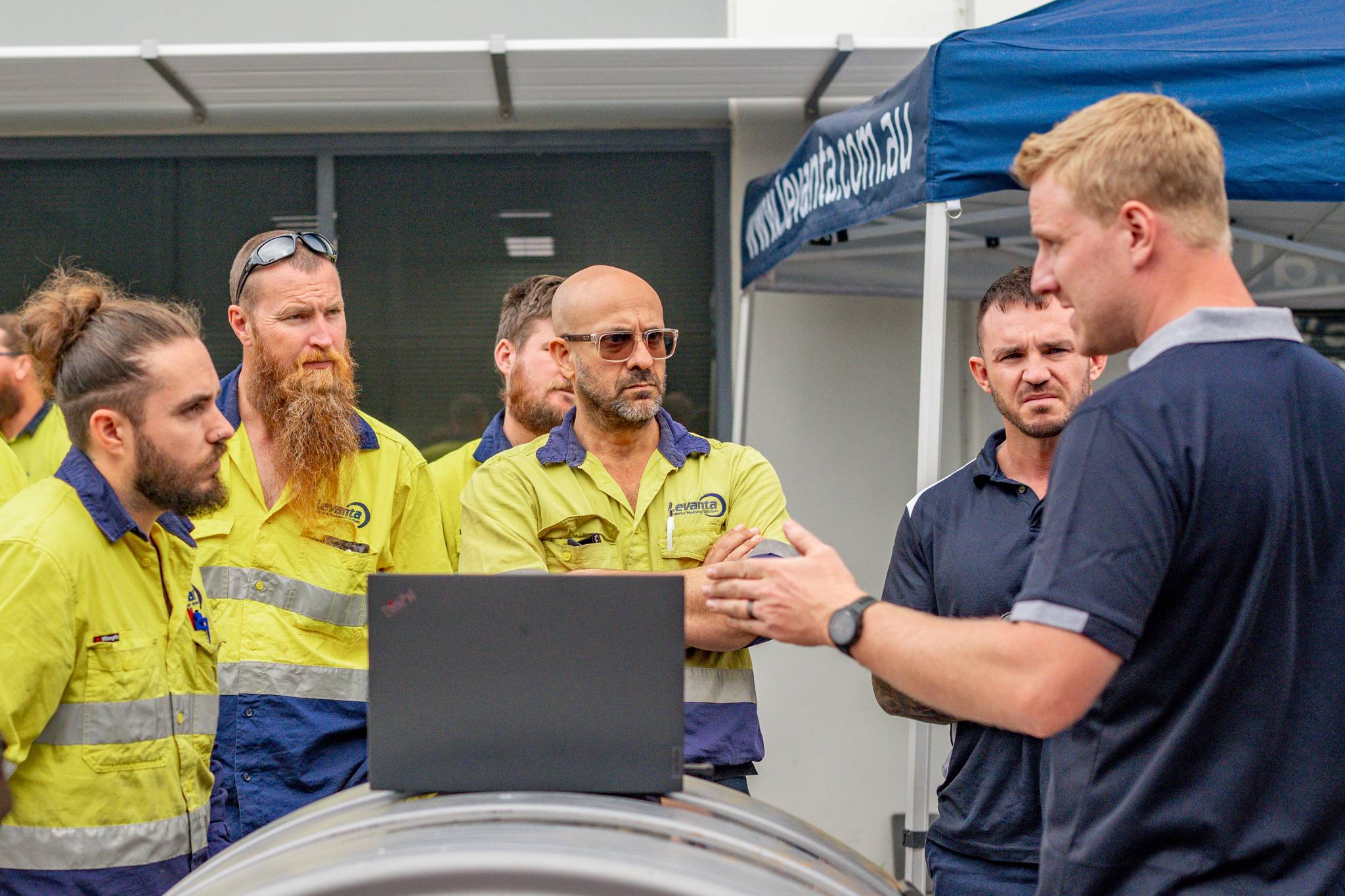
Truck Dealerships
Truck dealerships often hear complaints about irregular tyre wear on the front tyres of new trucks. This issue raises the question of how regularly wheel alignment checks are performed. The alignment of both front and rear wheels is a critical aspect of servicing that is frequently overlooked. Additionally, trailer axle misalignment is the second most common wheel alignment issue. If this issue is not investigated thoroughly, truck dealerships may find themselves burdened by customer complaints regarding irregular tyre wear on their fleets. Addressing these issues proactively through regular wheel alignment checks can prevent these problems and enhance customer satisfaction.
Trailer Manufacturers
Trailer manufacturing is another critical industry where wheel alignment plays a crucial role. It has become apparent that some newly manufactured trailers are not accurately aligned at the time of assembly. The positioning and aligning of axles on newly manufactured trailers is not always comprehensive, which can lead to axle offset and axle rolling issues. It is important for trailer manufacturers to ensure accurate alignment during assembly to prevent premature wear and tear and to enhance the overall performance and safety of the trailers they produce.
Technical Training Schools/Colleges
Levanta’s wheel alignment machines are among Australia and New Zealand’s most trusted and widely commended equipment. They are preferred by busy workshops and training institutions due to their reliability and Levanta’s renowned aftersales support. Technical training schools and colleges that incorporate Levanta’s wheel alignment technology into their programs provide students with hands-on experience using industry-leading equipment, preparing them for successful careers in the heavy vehicle service industry.
Drivers
Drivers are another crucial stakeholder who benefit from regular wheel alignment. A properly aligned vehicle is easier to drive, as the driver does not have to constantly correct the steering to keep the truck or trailer straight. This significantly reduces driver fatigue, leading to a more comfortable driving experience. A vehicle that naturally runs straight within its lane also enhances safety for both the driver and other road users. Less fatigue and more control over the vehicle contribute to overall road safety, making wheel alignment an essential factor not just for the vehicle’s efficiency, but for driver well-being too
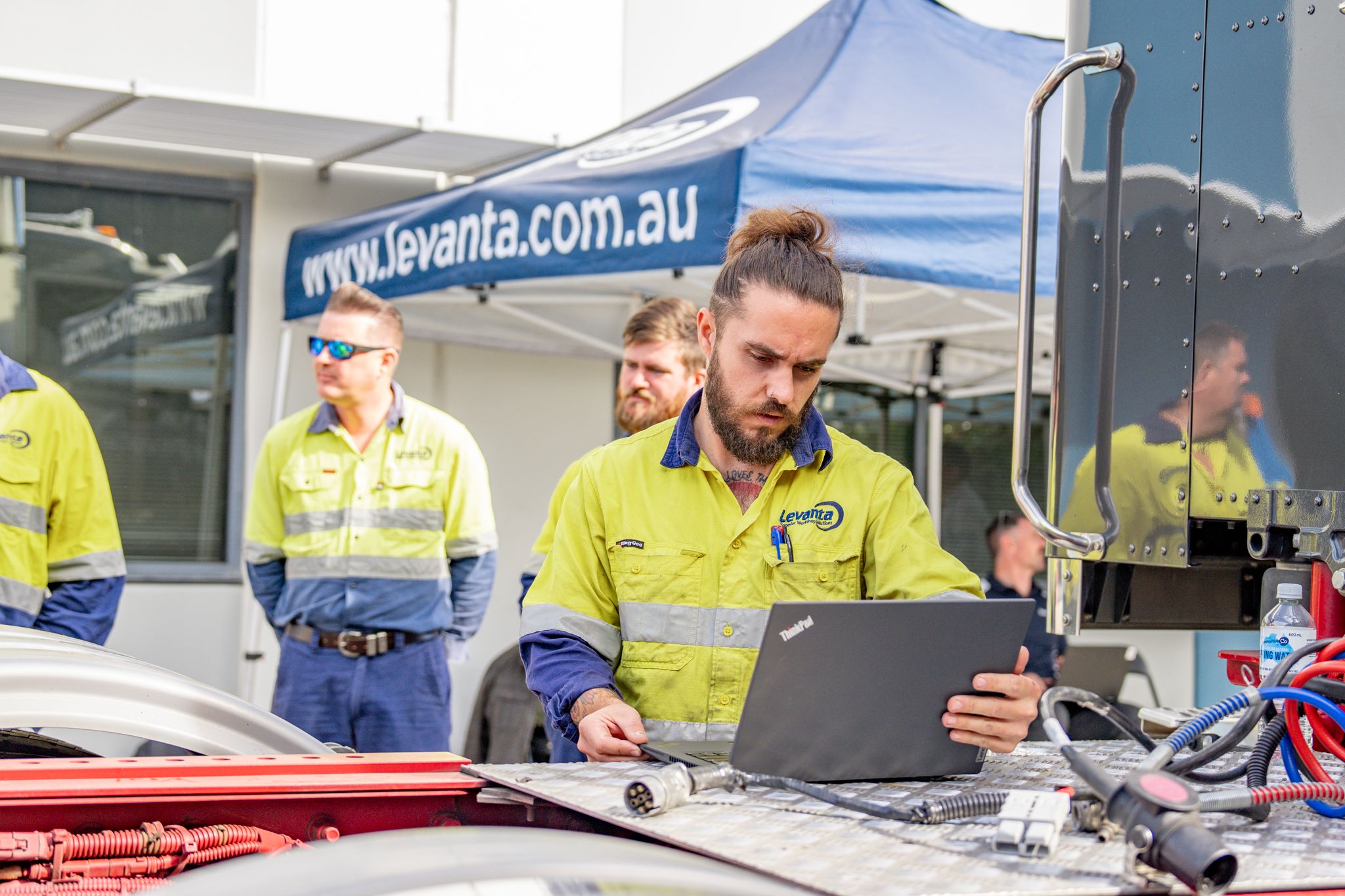
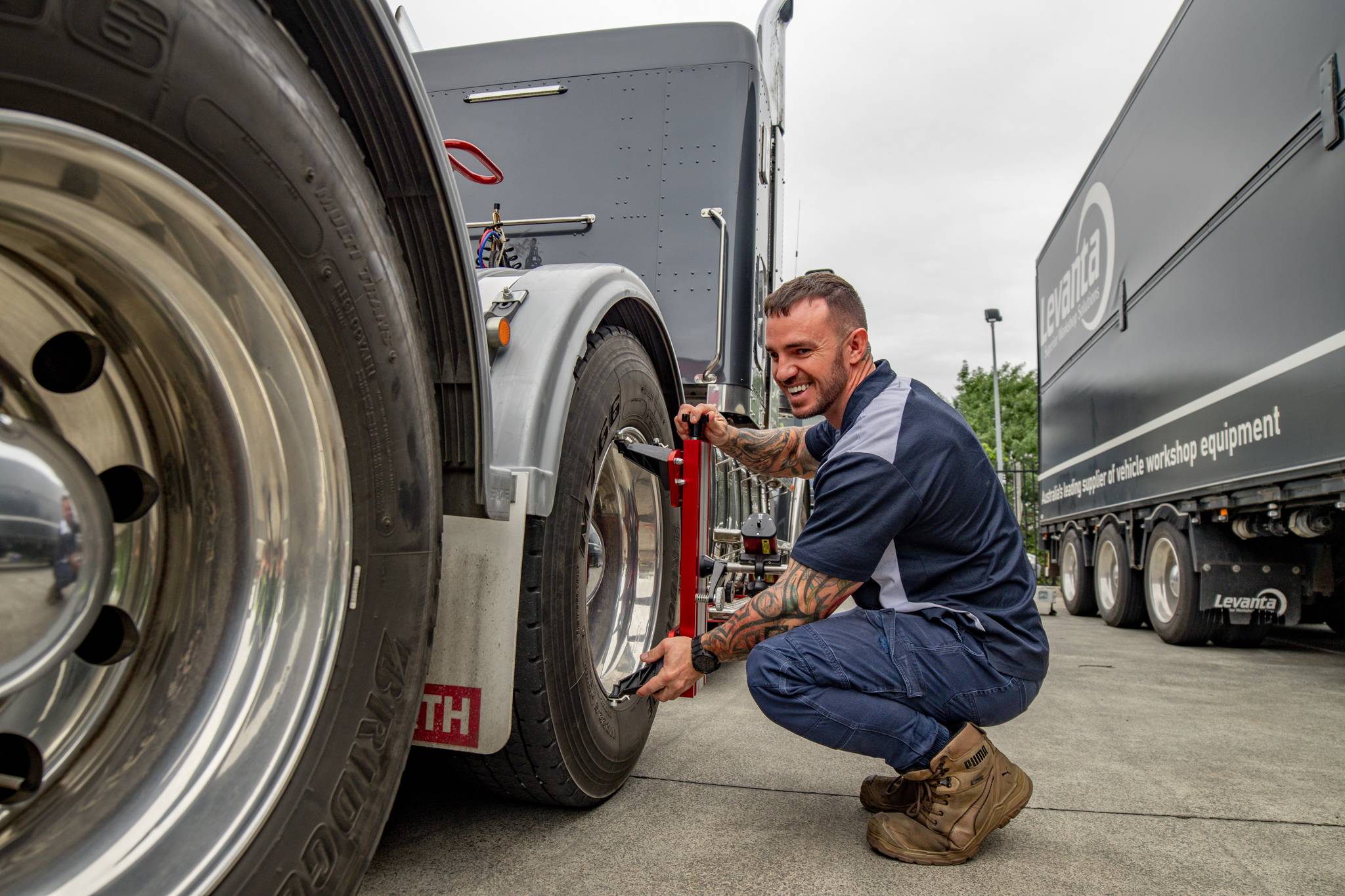
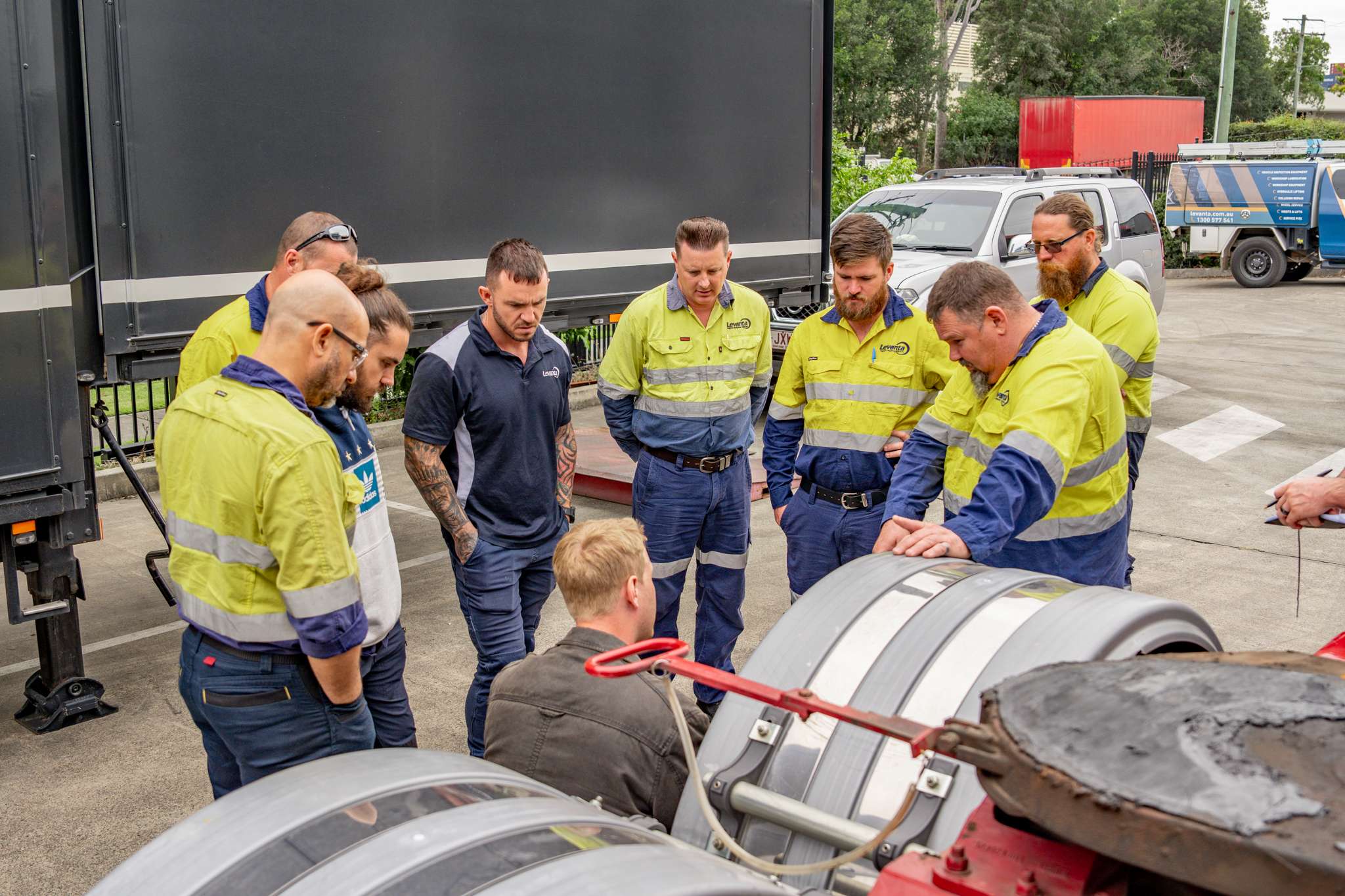
Explore More
To learn more about Levanta’s state-of-the-art wheel alignment machines and how they can benefit your workshop or institution, visit Levanta’s Wheel Alignment Machines.
By understanding the benefits of wheel alignment, stakeholders across the heavy vehicle industry can make informed decisions that lead to cost savings, increased efficiency, and enhanced vehicle longevity. Whether you are a fleet owner, tyre supplier, truck dealer, trailer manufacturer, or training institution, investing in quality wheel alignment equipment and regular maintenance is key to optimising performance and ensuring the best outcomes for your business.
Call Levanta now on 1300 271 476 to find out how we can provide the right wheel alignment system for your heavy vehicle workshop.
